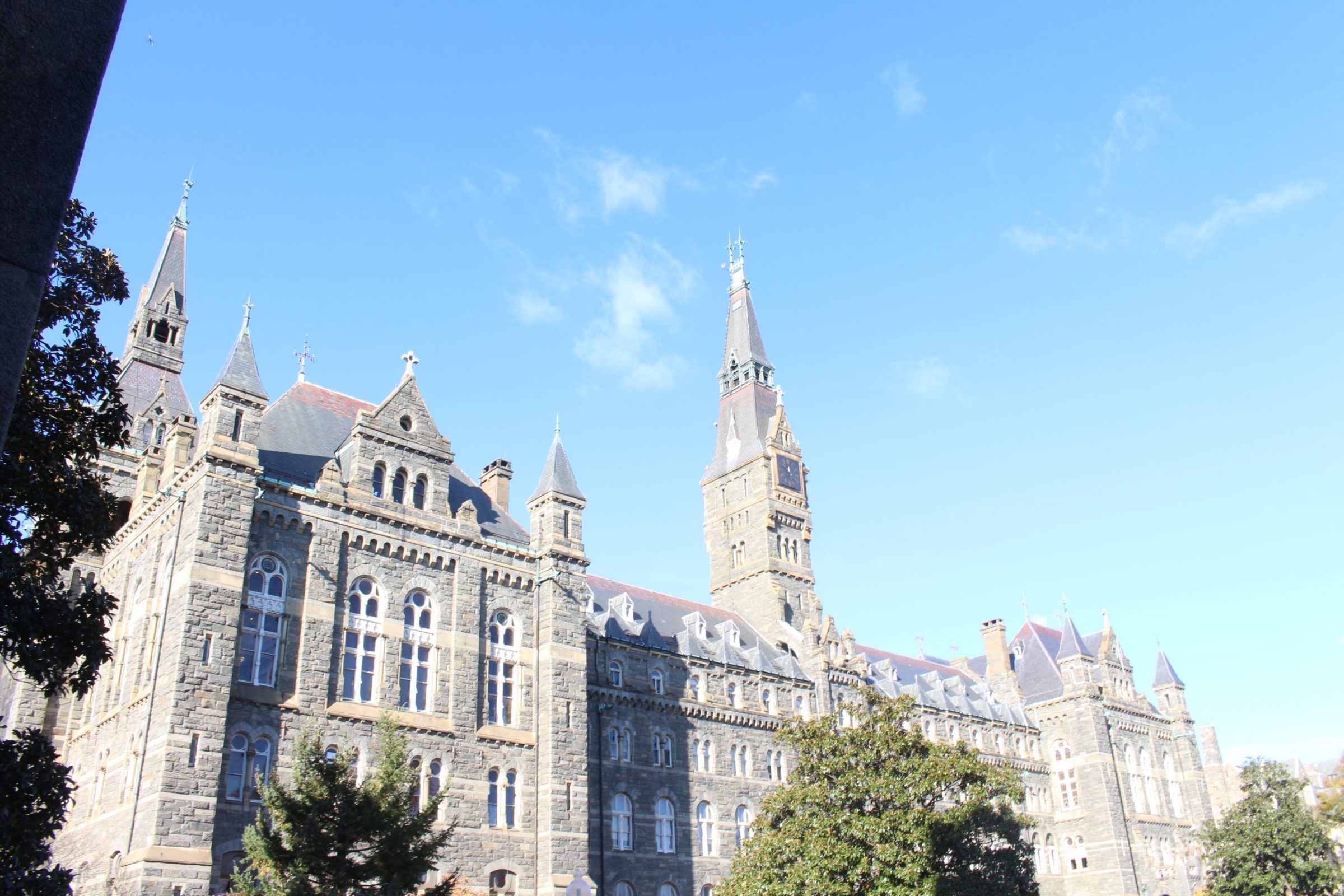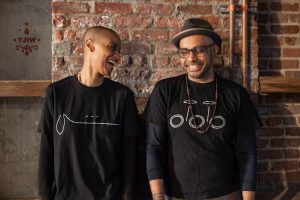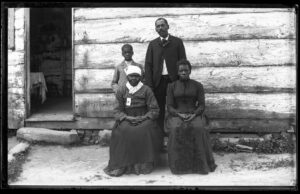This year, the American Studies Program is celebrating its 50th anniversary. The program, founded in 1969, emerged to address students’ questions about race, gender, nationalism, and other issues prevalent in 1960s America. Supported by a collection of committed faculty members such as Father Joseph S. Durkin, Dorothy Brown, Hugh Cloke, Elizabeth McKeown, and Ron Johnson, students felt they now had a platform to explore the interdisciplinary issues and topics of the era.
American Studies Program Manager Colva Weissenstein explained that at the beginning, “We started with this very small cadre of enthusiastic students who wanted to ask complicated questions.” From there the program grew, focussing on the two primary goals of interdisciplinary and rigorous research methods. Today, American Studies has expanded from its first two graduates of the major in the class of 1971, now with approximately 75 students in the major.
From Nov. 1 to 3, the program held a capstone event to celebrate the 50th anniversary, inviting all American Studies alumni and their families to campus to reconnect. The celebration featured receptions and lectures from alumni and faculty, all exploring both the past and future of the program.
At a panel on the history and growth of American Studies, a collection of faculty and alumni spoke about how the program began and how it has evolved.
Frank McDonough (COL ’72), one of the program’s first alumni graduating in 1972, spoke to the necessity of an interdisciplinary major at the time. “The problems we confronted in terms of race, sex, gender, power, and privilege, didn’t seem to fit in the academic disciplines of history and sociology,” McDonough said.
Alumni and faculty emphasized the curious and inquisitive nature at the heart of American Studies. Lizzy Whitehorn (COL ’01) felt that through the program, she was able to dig deeper. “We really learned how to think critically, how to ask questions, how to not accept the status quo,” she said.
Professor Erika Seamon highlighted the rigor of the program, specifically the mandatory thesis in the major. “We are the only major in the college that requires a thesis of every single student,” Seamon said. “It’s a huge part of who we are as an American Studies community.”
The required thesis provides a connection between all graduates. At the weekend’s events, every alum’s name tag had their name, their graduating year, and their thesis topic.
Newly appointed director of American Studies, Brian Hochman, spoke to how the program defines itself and how it will continue to grow. “The story of America, and America, I mean that’s American Studies,” remarked Hochman, “American studies is the hidden gem of the College.” Hochman noted that while it’s important that the program continues to foster its intellectual traditions, he also felt that American Studies needs to infuse the curriculum with new approaches addressing other fields of study, such as race studies and ethnic studies.
One aspect of the future of American Studies was discussed in a panel about the Jesuit Plantation Project and GU272. The Jesuit Plantation Project, in which American Studies students electronically archived documents from the six Jesuit-owned plantations in Maryland, laid the foundation for the Georgetown Memory Project and all future work done to remediate the university’s sale of slaves in 1888. Today, a class offered by professor Adam Rothman, entitled “Facing Georgetown’s History,” teaches students the intricate history of the Georgetown Jesuits and slavery, and directly engages them with members of the GU272 descendant community.
“This carries on the legacy of American studies,” Rothman said, “which is a legacy not just of learning this history and wrestling with its implications for the present, but producing new knowledge that can inspire people and change the world.”
Lauinger Library is currently housing a new exhibition, “American Studies: 50 Years of Interdisciplinary Connections,” in the Kerbs Exhibit Area on the 3rd floor. The exhibit will be open until Jan. 31 and features the original program proposal, thesis topics, books written by faculty and more, offering a close look into the “hidden gem” of the university.
Throughout the weekend, faculty, alumni, and students emphasized the continuing commitment from the students in the program to ask provoking and challenging questions about America.
“It’s a major that started with a spirit of revolutionary curiosity and has just carried that through,” Weissenstein said.





